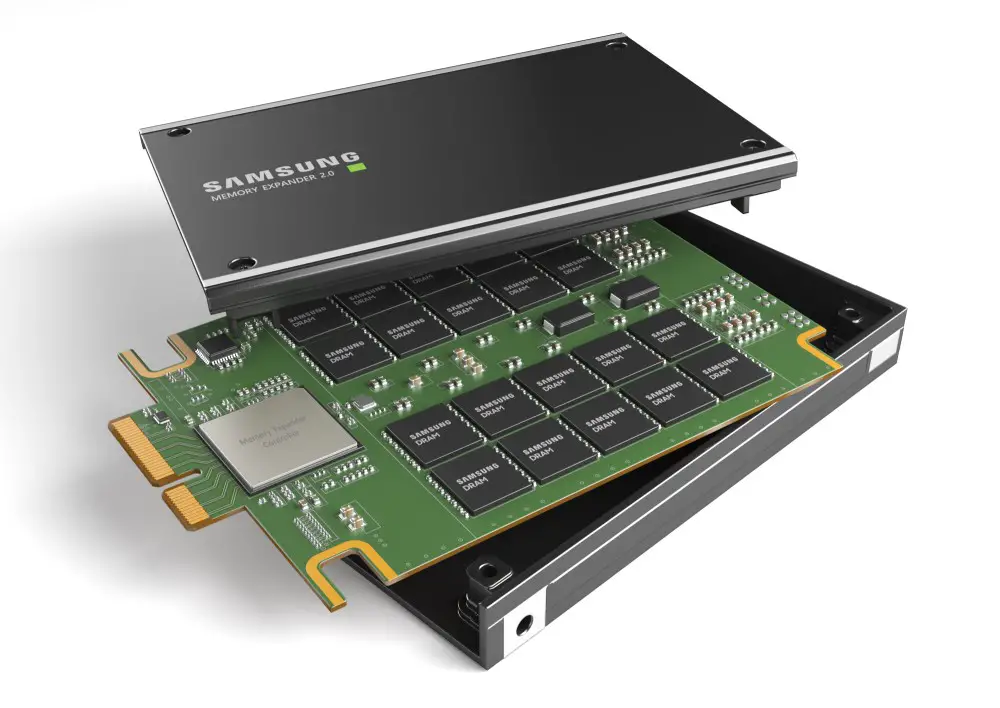

Samsung has been fervently advancing the development of Compute Express Link (CXL) memory modules. As early as May 2022, Samsung introduced the industry’s first 512GB CXL DRAM based on CXL 1.1, marking a significant stride towards the commercialization of CXL. This achievement not only realized extremely high memory capacity but also reduced system latency. In May of last year, Samsung further launched the industry’s first 128GB CXL DRAM supporting CXL 2.0 to expedite the commercialization of next-generation storage solutions.
According to ZDNet Korea, Choi Jang Seok, head of the New Business Planning Team at Samsung’s memory division, confirmed at a recent event that Samsung plans to commence mass production of 256GB CXL DRAM supporting CXL 2.0 by the end of this year. He remarked that the CXL market is expected to enter a phase of robust growth in the latter half of the year, leading to explosive expansion by 2028. Market research indicates that the global CXL market is projected to surge from $1.7 million in 2022 to $15 billion by 2028.
CXL is an open interconnect protocol that enables high-speed, efficient connections between CPUs and GPUs, FPGAs, or other accelerators, meeting the demands of modern high-performance heterogeneous computing. It offers higher bandwidth and improved memory coherence. As a next-generation interface, when used in conjunction with primary DRAM, it can expand bandwidth and capacity to meet the high-speed data processing needs of the computing market. Samsung anticipates that the introduction of CXL technology will increase the memory capacity of each server by eight to ten times, signifying a monumental leap in computational capability.
Choi Jang Seok emphasized that Samsung has been dedicated to the development and mass production of high-quality CXL memory modules over the past years. The company is currently testing the products with partners for performance verification. Late last year, Samsung announced a collaboration with open-source software provider Red Hat, successfully validating the operation of CXL memory modules in real user environments, thereby further expanding the CXL ecosystem.


